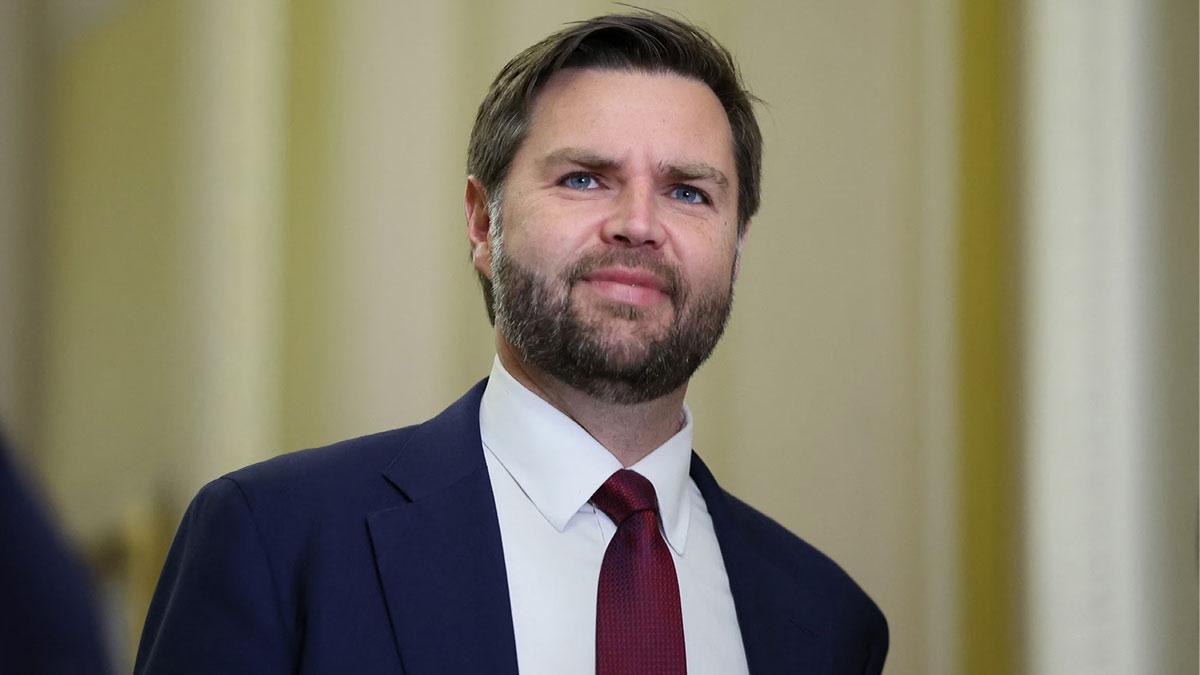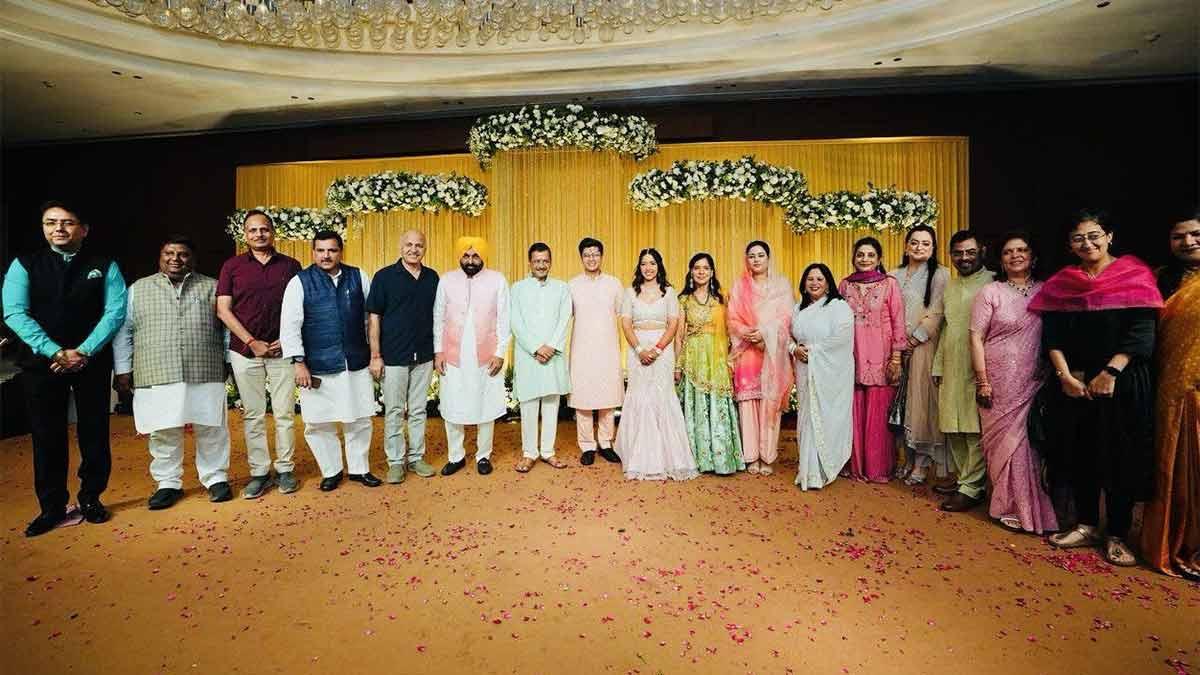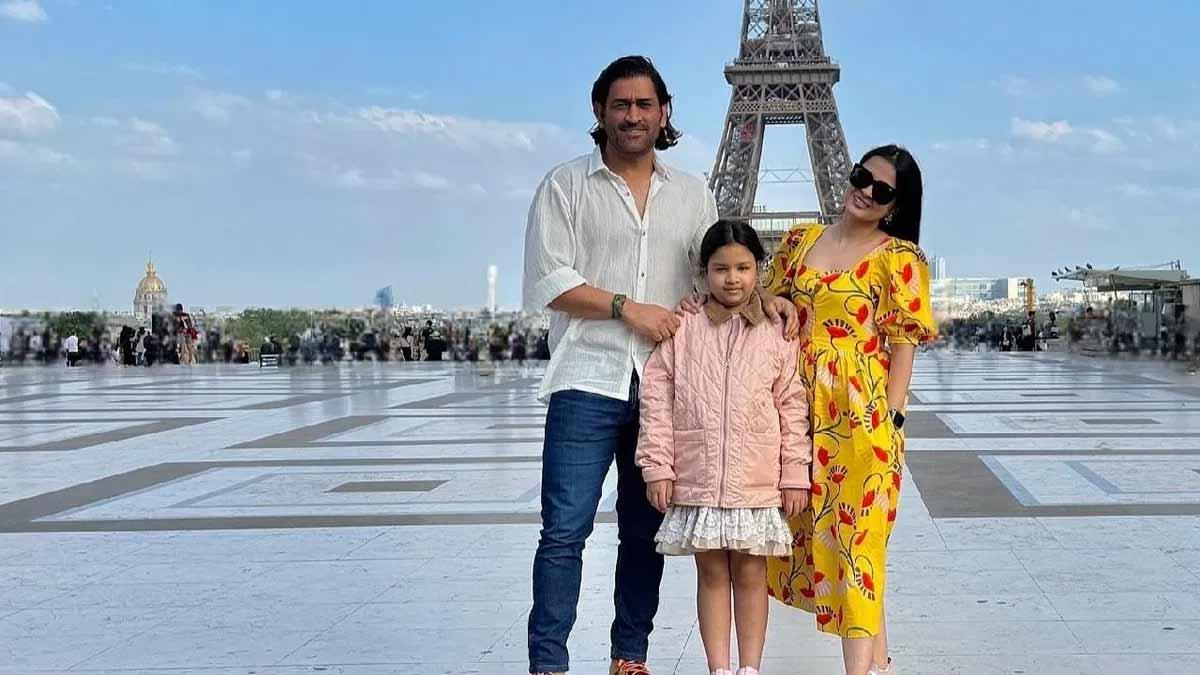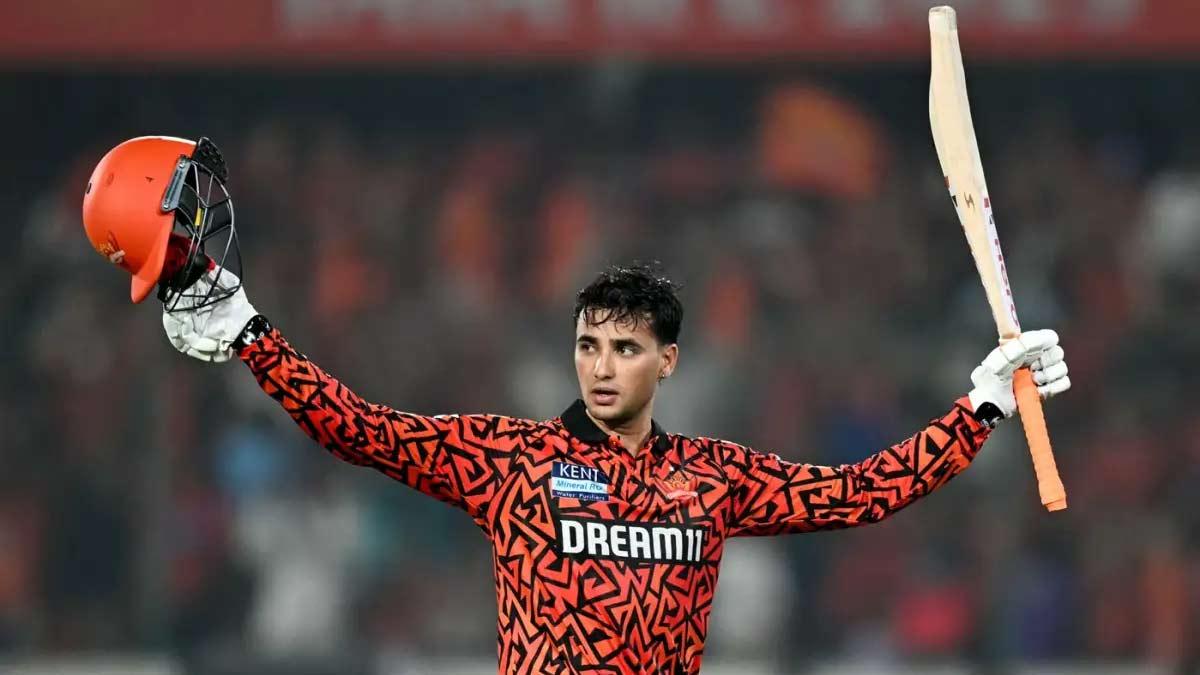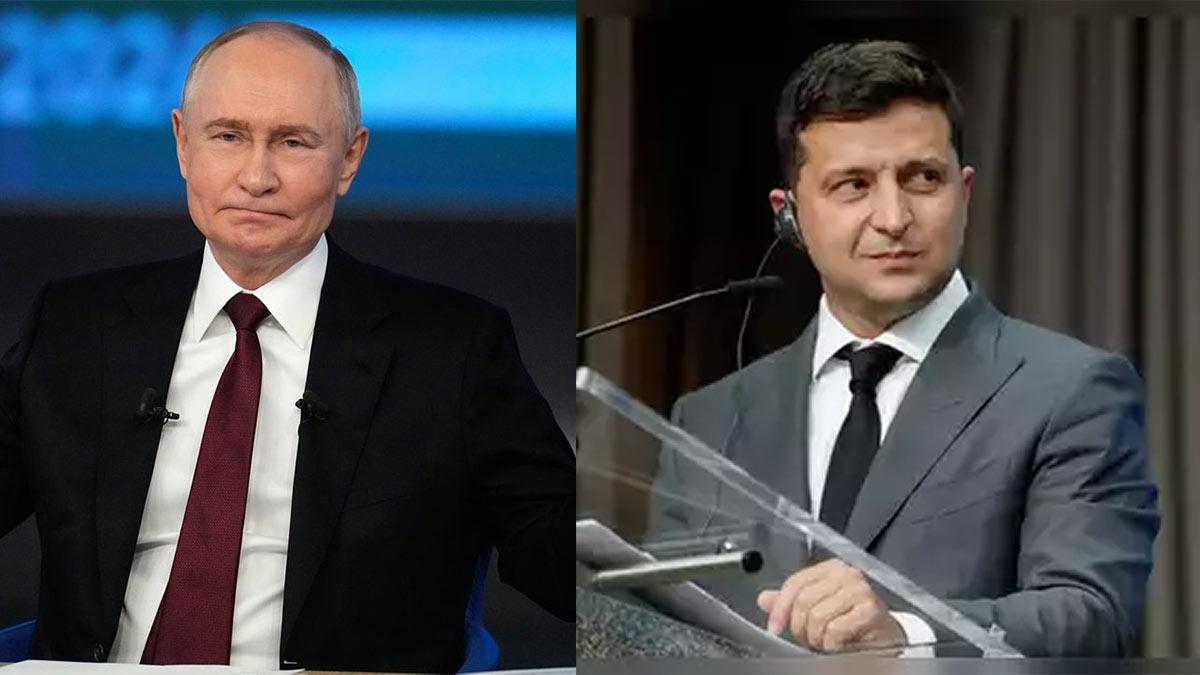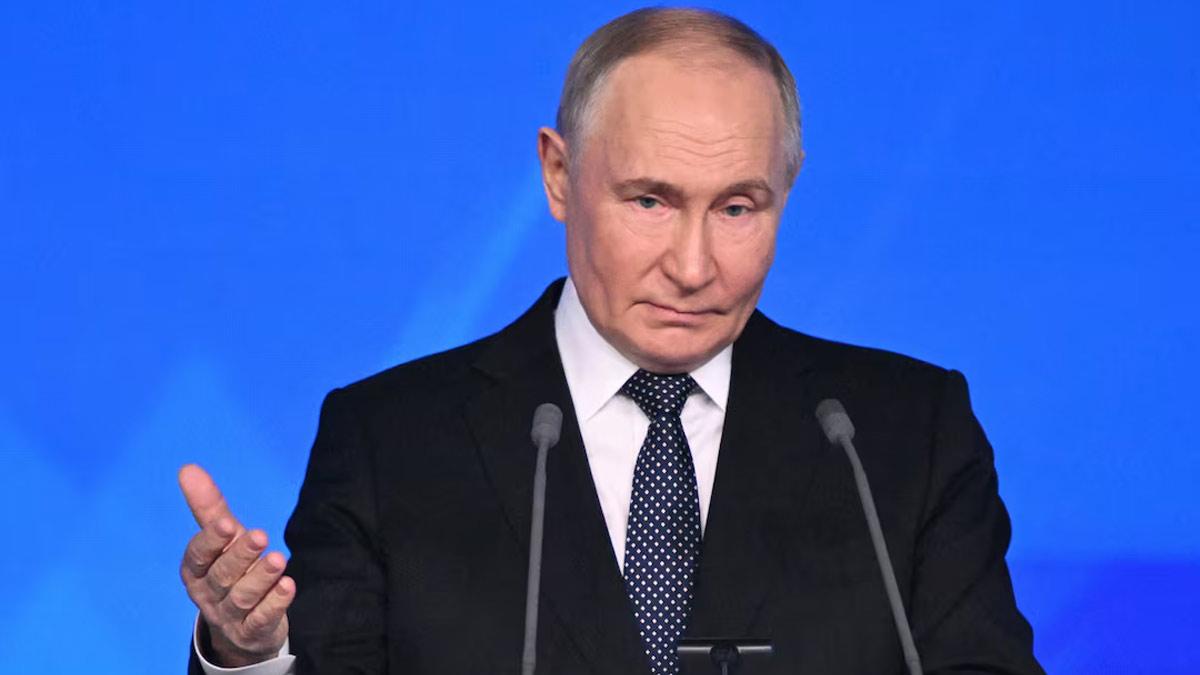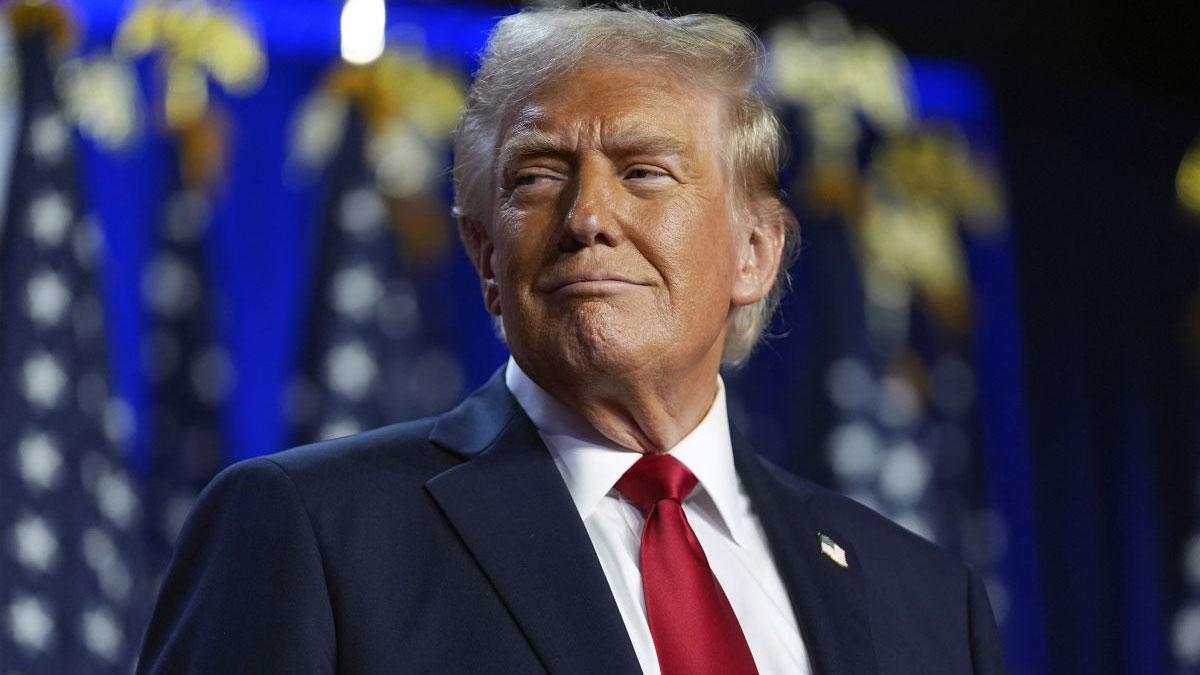After US President Donald Trump's statement about the intended 'gold card' plan—an immigration route to affluent foreign citizens—the recent utterances of Vice President JD Vance on the rights of green card holders have given rise to renewed debate.
Green cards, formally known as Permanent Resident Cards, offer foreign nationals the opportunity to work and reside in the United States. "Permanent residency," however, does not always imply that one holds an absolute right to remain forever.
"A green card holder does not have an unfettered right to remain in the United States," Vance explained. "This is not 'free speech.' Yes, it's national security—but more broadly, it's about who we, as citizens of the United States, determine gets to come join our national community."
In US law, green cards may be taken away for several reasons, such as participation in criminal activity, long periods of absence from the nation, or not complying with immigration laws.
Trump's suggested 'gold card' scheme would provide foreign nationals a chance to gain residency in the US for a fee of $5 million.
"We're going to be selling a gold card," Trump has recently announced from the Oval Office. "You have a green card. This is a gold card. We're going to be charging for that card roughly USD 5 million, and that's going to get you green card status, plus it's going to be a pathway to citizenship."
Trump claimed that the existing immigration policy has discouraged top international professionals, especially from India, from staying in the US after finishing their studies at elite institutions.
"A guy comes in from India, China, Japan, and various other places, he goes to Harvard or Wharton School of Finance. they get job offers, but the offer is withdrawn right away because there's no guarantee that that individual can remain in the country," he described.
The 'gold card' program would also enable firms to buy the cards in order to make it easier to recruit foreign talent. Trump estimated that the program would bring in billions of dollars in revenue, which could help offset national debt.
The new system will replace the current EB-5 immigrant investor visa, which now requires foreign investors to generate jobs in the US as a prerequisite for getting a green card.
As per the recent statistics from US Citizenship and Immigration Services (USCIS), Indian citizens have been among the main beneficiaries of US work visas. Official data from October 2022 to September 2023 show that 72.3% of all H-1B visas awarded went to Indian applicants.
Read also| Trump Revives Greenland Annexation Idea in Talks with NATO Chief: Reports
Read also| Jewish Protesters Rally at Trump Tower in Solidarity with Pro-Palestine Activist

